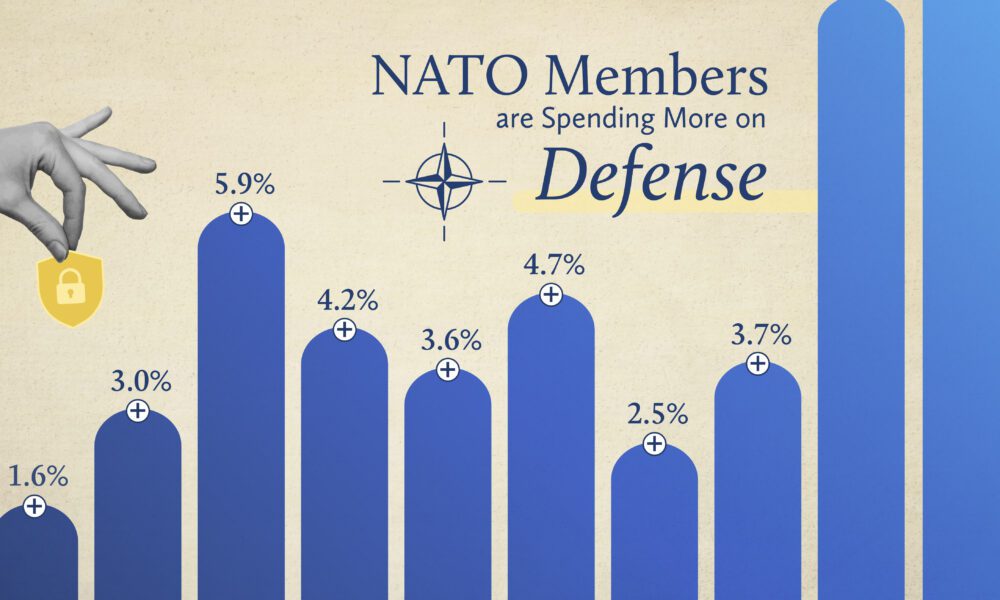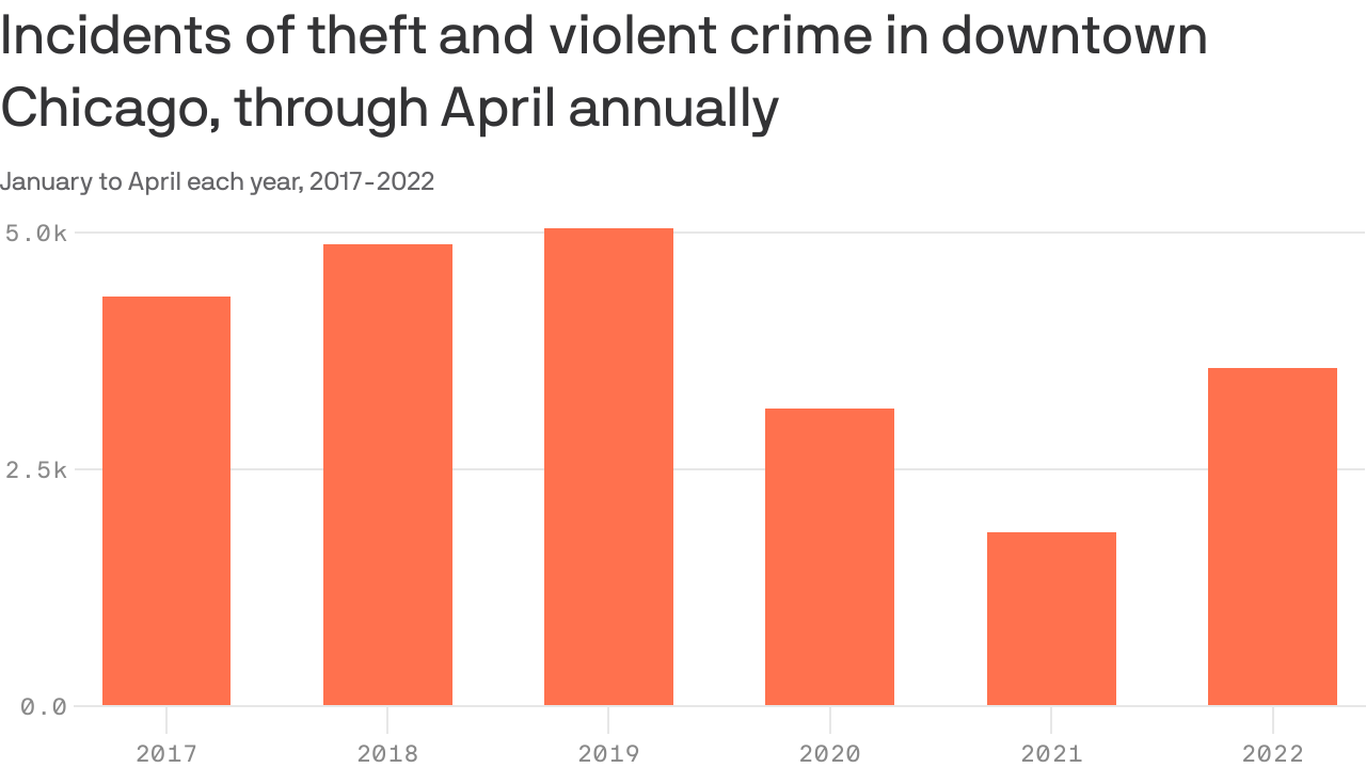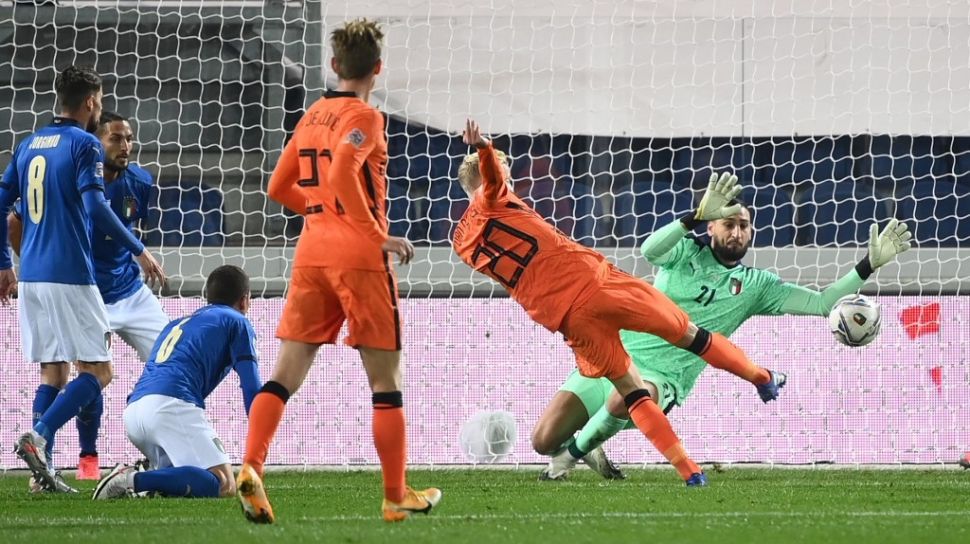NATO Secretary General On Defense Spending Increase

Table of Contents
The Secretary General's Rationale for Increased Spending
The NATO Secretary General's plea for increased defense spending is rooted in a comprehensive assessment of the evolving security threats confronting the alliance. The justifications extend beyond immediate crises; they represent a long-term strategic shift towards bolstering the alliance's collective defense capabilities.
The Secretary General has explicitly cited several key threats necessitating this increase:
- Russian Aggression: The ongoing conflict in Ukraine serves as a stark reminder of Russia's willingness to use military force to achieve its geopolitical objectives. This necessitates a strong and unified NATO response, requiring significant investment in military modernization and readiness.
- Cyber Warfare: The increasing sophistication and frequency of cyberattacks pose a serious threat to critical infrastructure and national security across the alliance. A robust cyber defense capability requires substantial investment in technology, personnel training, and international collaboration.
- Terrorism: The persistent threat of terrorism, both domestically within member states and emanating from regions of instability, demands enhanced intelligence gathering, counterterrorism capabilities, and international partnerships to disrupt terrorist networks.
While specific target percentages vary depending on the nation and its current spending level, the general consensus points toward a need for a substantial increase in defense budgets. The Secretary General’s message is clear: NATO needs to invest more to ensure its collective security. This necessitates modernization of existing military equipment, increased personnel training, and investment in new defense technologies. The emphasis on a NATO defense spending increase reflects a crucial shift in the alliance's strategic priorities.
Reactions from NATO Member States
The Secretary General's call has been met with a mixed response from NATO member states. While some countries have already exceeded or are on track to meet the previously agreed-upon spending targets (2% of GDP), others are significantly lagging behind. This disparity reflects varying national priorities, economic capacities, and political landscapes.
- Countries exceeding targets: Several nations, recognizing the escalating security challenges, have already demonstrated a commitment to increased defense spending, exceeding the 2% GDP target.
- Countries falling short: Other member states face significant budgetary constraints or prioritize other domestic needs, resulting in defense spending below the recommended levels. This creates an imbalance in the collective defense capabilities of the alliance.
- Political debates: The debate surrounding increased defense spending has sparked significant political discussions within several NATO member states. This involves balancing security concerns with economic realities and navigating competing domestic priorities.
The differing responses highlight the complexities inherent in coordinating a collective security response among diverse nations with varied economic and political contexts. Achieving a unified approach to a NATO defense spending increase requires not only financial commitment but also political will and consensus-building.
The Impact of Increased Defense Spending on National Economies
The economic consequences of increased military spending are complex and multifaceted. While some argue that increased defense budgets represent a drain on resources that could be better allocated to other sectors, others point to potential economic benefits.
-
Potential Benefits:
- Job Creation: Increased military spending often stimulates job growth in the defense industry, including manufacturing, research and development, and related support services.
- Technological Advancements: Investment in military technology often leads to spin-off technologies with civilian applications, fostering innovation and economic growth.
-
Potential Drawbacks:
- Reduced Spending in Other Sectors: Increased defense spending may necessitate cuts in other crucial areas such as education, healthcare, or infrastructure development.
- Increased National Debt: Funding significant increases in military budgets can contribute to increased national debt, potentially impacting long-term economic stability.
Careful budgetary allocation is crucial to mitigate potential negative impacts. Strategic investment in defense modernization, focused on creating synergies between military and civilian sectors, can maximize economic benefits while minimizing the drawbacks.
Opportunities for Enhanced Military Cooperation
Increased defense spending presents significant opportunities to enhance military cooperation within NATO. Greater resources can facilitate:
- Improved Interoperability: Investing in standardized equipment and training programs across member states will enhance interoperability, ensuring smoother and more effective joint military operations.
- Joint Military Exercises: More frequent and sophisticated joint military exercises will improve coordination, communication, and tactical proficiency among NATO forces.
- Collaborative Research and Development: Increased collaboration in defense technology research and development can lead to the development of more advanced and cost-effective military capabilities.
These opportunities to enhance military cooperation are crucial for ensuring a strong and unified NATO response to emerging threats. Increased spending must be strategically managed to maximize these collaborative benefits.
The Future of NATO and Defense Spending
The NATO Secretary General's call for increased defense spending underscores the gravity of the current geopolitical landscape. The varied responses from member states highlight the challenges of achieving a unified approach. The economic consequences require careful consideration, balancing the need for robust security with the potential impacts on national economies. However, the opportunities for enhanced military cooperation through strategic investment in interoperability, joint exercises, and collaborative research and development are undeniable. The decisions made by NATO member states regarding defense budgets will have profound long-term consequences for the alliance's security and the broader global order.
To learn more about NATO's defense strategy and the ongoing debate surrounding NATO defense spending increase and its implications for global security, visit the official NATO website and explore reputable news sources covering this critical topic. Understanding the nuances of this issue is crucial for informed civic engagement.

Featured Posts
-
 Is Chicagos Crime Reduction Sustainable Analyzing Recent Trends
May 28, 2025
Is Chicagos Crime Reduction Sustainable Analyzing Recent Trends
May 28, 2025 -
 Kyle Stowers Journaling Insights Into His Marlins Breakout Season
May 28, 2025
Kyle Stowers Journaling Insights Into His Marlins Breakout Season
May 28, 2025 -
 Prakiraan Cuaca Besok 24 April 2024 Di Jawa Tengah Waspada Hujan Sore
May 28, 2025
Prakiraan Cuaca Besok 24 April 2024 Di Jawa Tengah Waspada Hujan Sore
May 28, 2025 -
 Phillips Credits Mc Kenna For Renewed Belief At Ipswich Town
May 28, 2025
Phillips Credits Mc Kenna For Renewed Belief At Ipswich Town
May 28, 2025 -
 Uefa Nations League Belanda Dan Spanyol Berbagi Poin Dengan Skor 2 2
May 28, 2025
Uefa Nations League Belanda Dan Spanyol Berbagi Poin Dengan Skor 2 2
May 28, 2025
